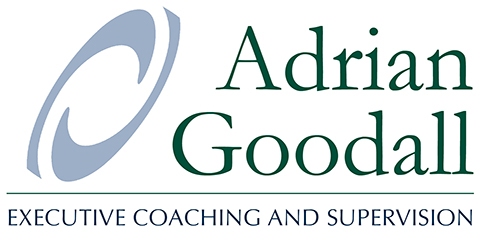Brilliant individuals are not necessarily good leaders – but they can be
As a coach, I have worked with many smart and confident senior executives, law partners, finance sector ‘high flyers’ and others. I’ve admired their brains, ability and hard work, and I’ve also seen how they can falter when challenged with stepping out of their ‘comfort zone’ as successful experts into more senior leadership roles. Here, they have to influence a much broader range of colleagues than their immediate team, to work with them through the relentlessness of change.
This is something that can be developed – even if it is at times uncomfortable!
What are the capabilities and qualities which can help them shift and thrive in this more strategic and ambiguous leadership role?
In a nutshell, I believe leaders need to have capability in 3 key areas:
- Developing vision and strategy
- The ability to implement and execute plans, and build capability in the organisation
- And inter-personal skills – communicating with their team and other stakeholders
And qualities which both inspire confidence from the front and motivate through human connection. These represent a ‘way of being’ – the ‘how’ rather than the ‘what’ – a shift in attitude, thinking and beliefs that, when experienced by others, create emotional connection and thereby real intrinsic motivation. They start with:
- Clarity of purpose (linked with the vision and strategy)
- Robustness, calm resilience and credibility (including appearance)
- Comfort with change (not for the sake of it, but as appropriate to achieve objectives in changing circumstances)
- Positivity and drive (energy)
- Presence & attention
These first five are all factors that help executives to lead people, especially those who like to be led from the front. Additional qualities are also needed to motivate a broader range of colleagues at a more intrinsic level.
- Honesty and authenticity (a basis for trust and an active move away from ‘politics’)
- Belief in common purpose
- The ability to accept and learn from challenging feedback
- Systemic empathy (being able to connect with the broader ‘zeitgeist’ as opposed to empathising with each individual)
- Agile responsiveness and comfort with ambiguity
You can see that these centre around providing a more human connection to build trust, and inevitably include some humility and a little vulnerability. I find this can be especially challenging for a successful results-driven executive or ‘subject matter expert’ with a long track record of direct action, delivery focus and brilliant performance, and a fear of getting anything wrong. Which is why the confidentiality and support of the coaching relationship is just as important as the challenge and action focus.
There is a delicate boundary between the confidence and congruence of really effective leadership and the arrogance of imposed authority. It is the ability to find that edge and operate on the right side of it that attracts followers. It isn’t simple reasoning or hierarchy that creates trust and persuades people to invest their time and effort to meet demanding objectives – it also requires an emotional buy-in as well.
Not all executives turn acquired positions of authority into effective leadership, and not all executives sense or feel able to accept an invitation to give leadership when it is needed. But the ability to lead is something that can be developed.



